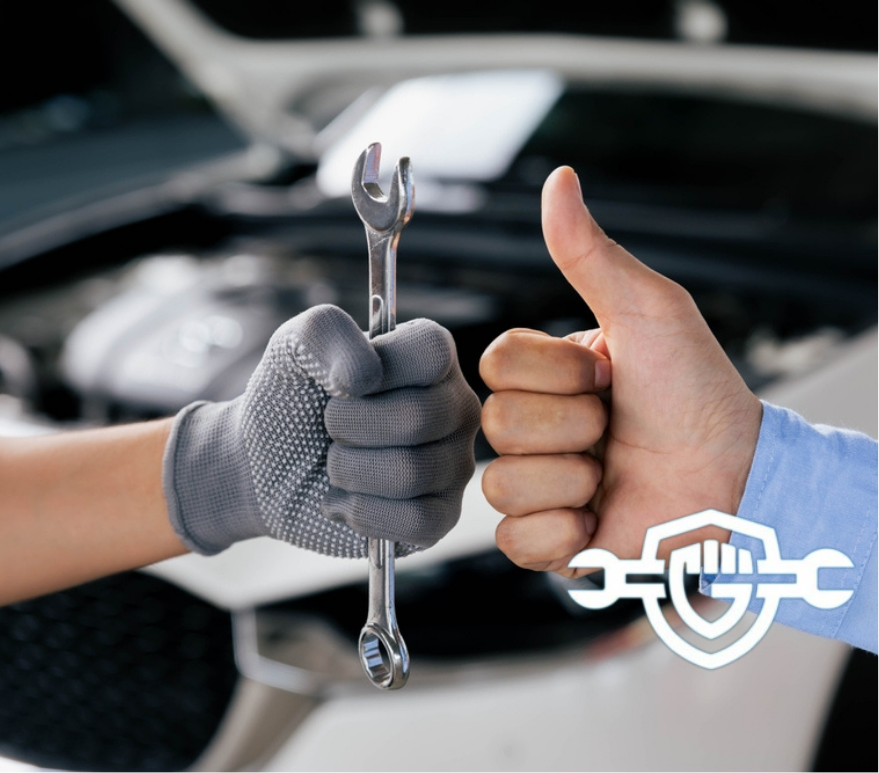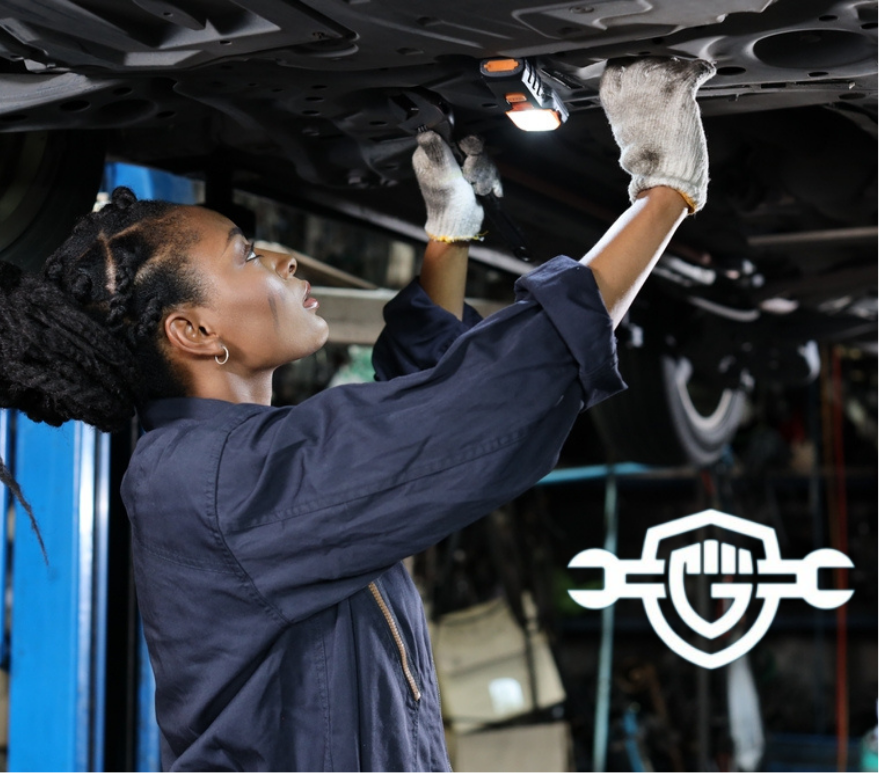What is Brake Fade and Can You Prevent It?
Published on
November 13, 2025
.png)
Brake fade happens when your brakes lose effectiveness after heavy or repeated use. It’s more common during hard stops, driving downhill, or towing, and it can catch drivers off guard. When it happens, your pedal may feel normal, but the car takes longer to stop. Knowing what causes brake fade and how to prevent it can help keep your braking system reliable, especially during high-stress driving or hot weather conditions. Understanding how it works matters for anyone driving through hills, carrying extra weight, or just looking for smoother, safer stops..
What Causes Brake Fade to Happen?
Brake fade is usually caused by heat. When you use your brakes repeatedly, like in stop-and-go traffic or while descending a long hill, friction builds and generates heat. That heat affects both the rotors and the brake pad, making it harder for the system to grip effectively.
High temperatures can also cause your brake fluid to boil, which leads to vapor in the brake lines. When that happens, the pedal might feel spongy or unresponsive. The hotter your brakes get, the less reliable they become, especially if the components are worn or overdue for service.
Driving habits, road conditions, and even how much weight your vehicle is carrying can all contribute. Pushing the system too hard increases the risk of fade when you need stopping power the most.
How to Tell If You're Experiencing Brake Fade
Brake fade doesn’t always feel dramatic, but it’s noticeable once you know what to look for. The most common sign is when your car takes longer to stop, even though you’re pressing the brake pedal like usual. It might feel like everything’s working normally, but the car just isn’t slowing down as quickly as it should.
You may also feel the pedal sink a bit lower than normal or notice it takes more pressure to get the same response. If you're driving downhill and have to keep pumping the brakes, that’s another sign they’re overheating.
Sometimes the smell of burning brakes or a slight vibration can show up, too. The symptoms can creep in gradually or hit during just one long stop. Either way, they’re a signal your braking system isn’t performing the way it should.
Tips to Prevent Brake Fade and Keep Your Brakes in Top Shape
The best way to avoid brake fade is to stay ahead of wear and heat buildup. Give your brakes time to cool down during long descents, and avoid riding the pedal if you can. If your brakes squeal, that’s often an early warning sign that something’s not right.
Regular maintenance goes a long way. Get in the habit of checking brake pads during oil changes or tire rotations. Worn pads can’t grip properly, especially when they heat up under stress.
It’s also smart to change brake fluid every few years. Old fluid can absorb moisture, which leads to boiling and less stopping power. Good driving habits and routine inspections can extend the life of your brakes and help you avoid fade when it matters most.
Noticing reduced braking performance? Find a GreatWater 360 Auto Care shop near you to schedule a brake inspection and keep your vehicle stopping safely and reliably.
.png)

